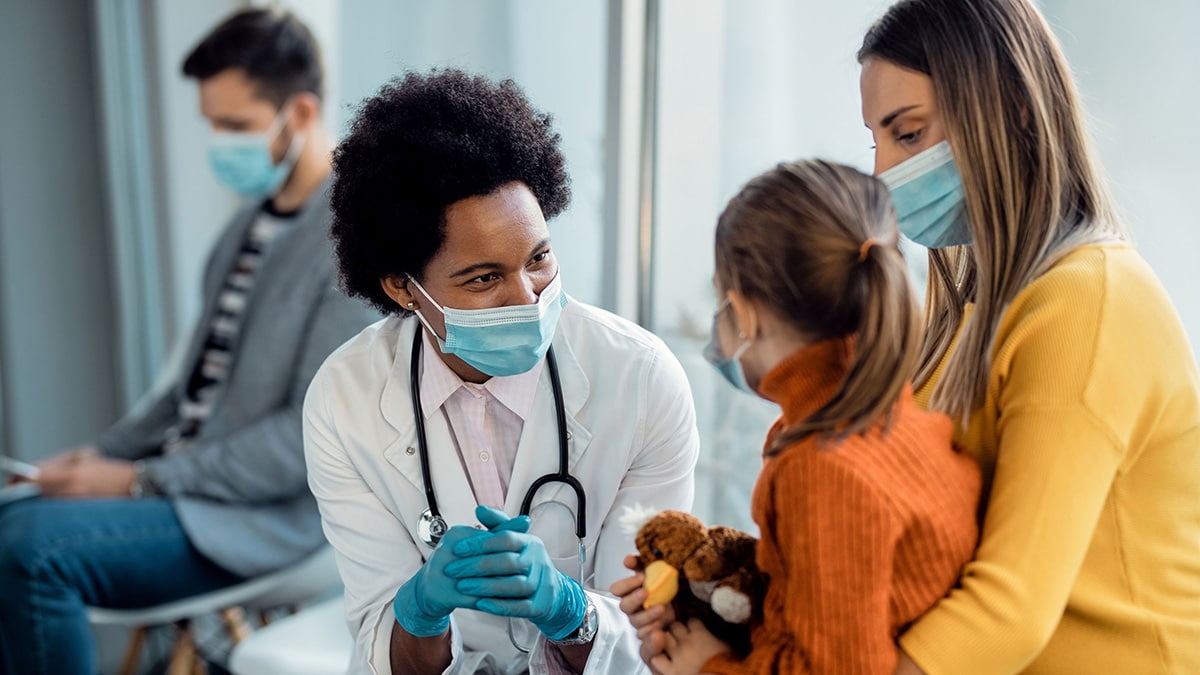Key points
- Healthcare providers play an important role in the care of a child with a birth defect.
- Providers may help support your family with the diagnosis process, with coordinating care, or by providing resources to community supports.

Diagnosis
When there is a health concern with your child, the healthcare provider will check possible diagnoses. In this process, your provider may
- Ask questions about medical and family history
- Do a physical exam
- Recommend testing.
After reviewing these items, the provider might refer your child to a specialist if the provider cannot make a diagnosis. However, seeing a specialist does not guarantee a diagnosis.
Coordinated care
Because children with birth defects often require a variety of services, providers recommend coordinated care between the different specialists. Your child's main healthcare provider is generally the best person to coordinate the special care needed.
For example, children with birth defects involving their bones might need to see an orthopedist, a doctor specializing in bones. Your child's healthcare provider might also send your child for special services that will help with specific skills. Getting physical therapy to improve the child's strength and movement is a common reason to refer patients.
Many children with birth defects need to see one or more specialists.
Counseling and support
Healthcare providers support the families of children with birth defects. Your child's provider can recommend sources of help for your child and your family. Examples of help are support groups, public health and medical services, and current medical information.
Providers might refer some parents to a genetic counselor to help them learn more about their child's diagnosis. Genetic counselors can explain the diagnosis, the possible role of genes, and medical aspects of certain birth defects. A genetic counselor can talk with you about your chances of having future children with a birth defect.
Counseling can help your family adjust to and plan for your child's future. If your child has a birth defect, ask their provider about local resources and services.
